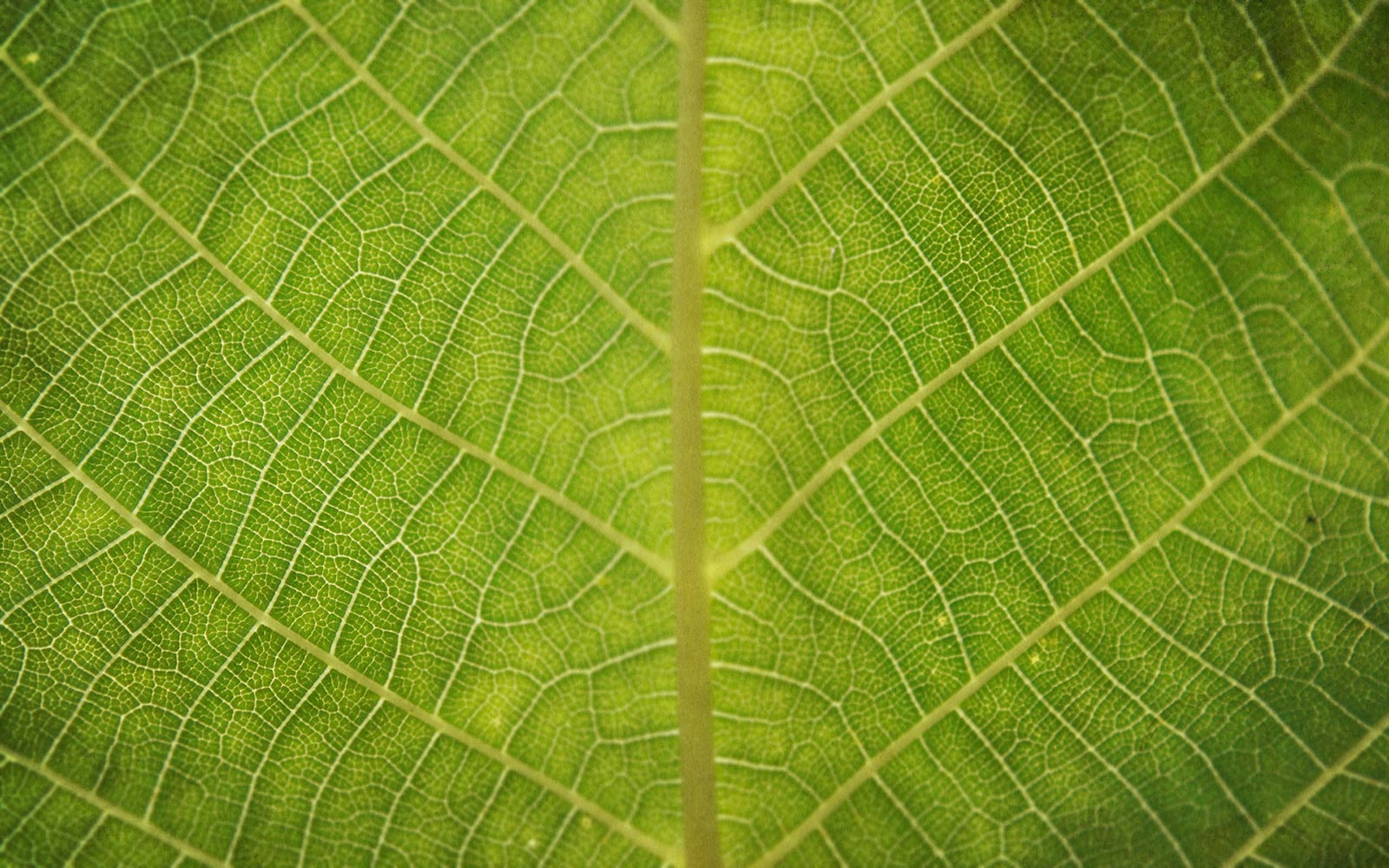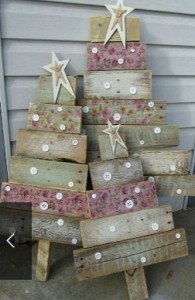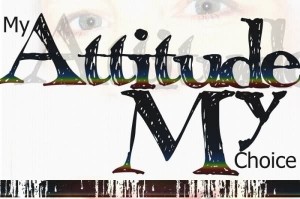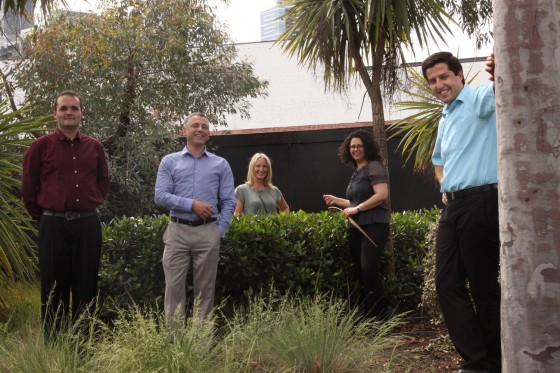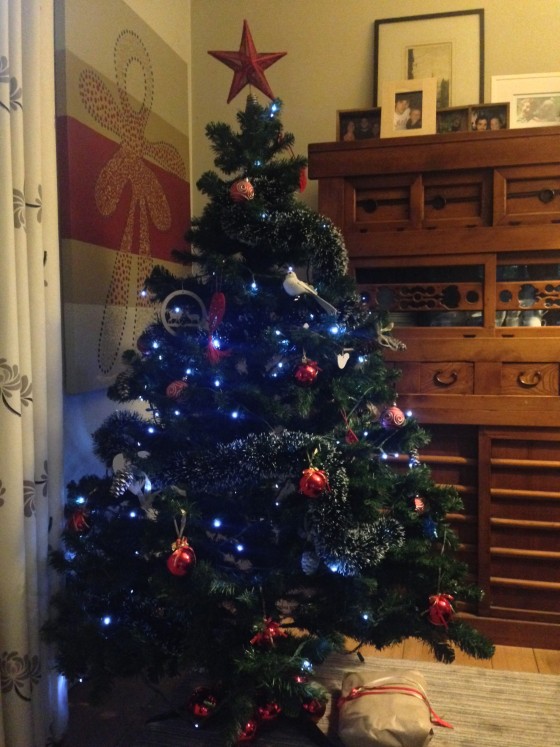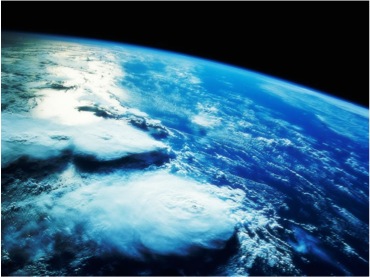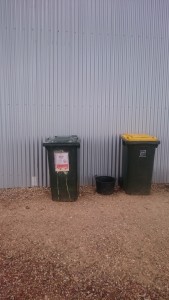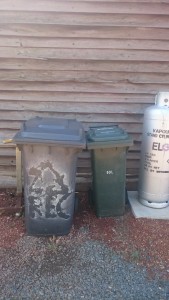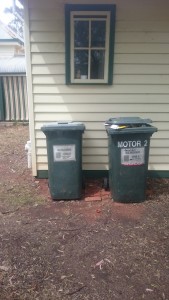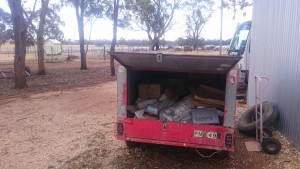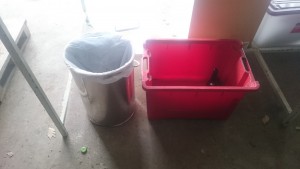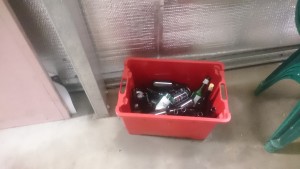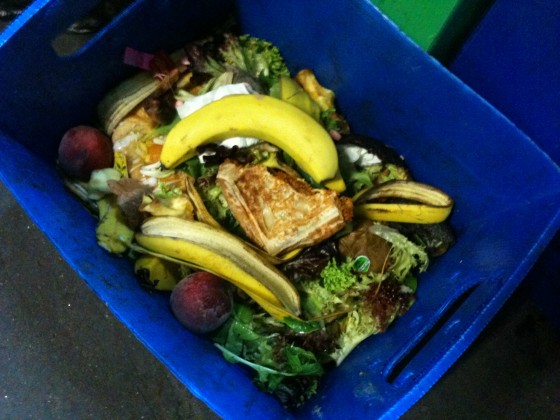In case you didn’t know, this month is Plastic Free July. It’s an initiative which started in WA in 2011, and now has 2 million participants from around the world. Plastic Free July is aims to make us more aware of our plastics use, creating a cleaner world for generations to come.
Reasons to reduce our use of plastic are now crystal clear. Our oceans now have islands of plastic waste and around 100 million marine animals are killed each year from plastic debris. Plastic pollutes our rivers and waterways and takes 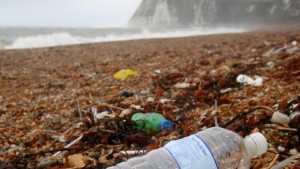 hundreds of years to degrade.
hundreds of years to degrade.
Pretty good reasons to get involved right?. And yet when I initially considered signing up for this challenge, I had this thought, “But I probably can’t go 100% plastic free, so I won’t do it”. Then my husband said, “C’mon let’s just give it a go”. Yep, he was right, there was nothing to lose and lots to gain by just playing the game (turns out there are different levels of participation too).
Over the last few years our household has been changing one habit at a time, to reduce the amount of plastic and packaging we use. Bulk buying (ie filling up our own containers), growing our own vegies, buying package-free fresh produce from the farmer’s market and making a lot of our food from scratch. This has reduced our waste, recycling and use of plastics significantly.
And yet, I knew we were still using a lots of plastic. Once we turned our attention to plastic, it was easy to see just how all-pervasive plastic is in our everyday lives. The exciting part has been noticing the stuff we buy in plastic, and finding alternatives. Here are some examples of what we found.
- Savoury yeast flakes – I checked with our local health food store and they sell it loose, so now we fill up our container instead of buying it in plastic
- Coconut yoghurt – we are now making our own from shredded coconut (this has been on our to-do list for a year!)
- Corn chips – we’ve decided not to buy them anymore (they are not very healthy anyway!)
- Crackers – we now make our own and they are very yummy
- Weet Bix – we were adding this to our porridge and home made muesli, and have decided to not eat it anymore
There are some things we still haven’t sorted out – the plastic wrapping from taco shells and the personal care side of things, like toothpaste, moisturiser and hair products. But that’s ok, we are on our own journey, and taking on one thing at a time. There is no competition!
What I really love about this movement, is that you get to choose what you take on, and for how long (1 day, 1 week, all of July or from now on). You can choose from: 
a) Avoiding single-use plastic packaging
b) Target takeaway items (bags, bottles, straws and coffee cups)
c) Go completely plastic-free
I want to say something about this kind of habit-changing challenge. Attitude is everything! If any of this occurs as a burden, or you feel resentful, it is unlikely to work. Your attitude really is the key to success.
Our family is treating this as a game, and we are noticing some benefits.. These are the top ones for us:
- We save money! We’re making more food from scratch, and have stopped buying food we don;t really need and this is saving us serious money.
- We are eating better – as we make more of our food from scratch we, have the added bonus of eating healthier (ie we choose the ingredients)
- We are getting more creative and having fun as a family
This really is so simple! It’s raising awareness of how much plastic we use and encouraging us to change our habits and find alternatives to plastic.
Where ever you are on your journey through life, consider joining movements like this. It’s a great way to get you thinking about how you can change your every day choices to tread lighter on our planet. Every bit counts.
